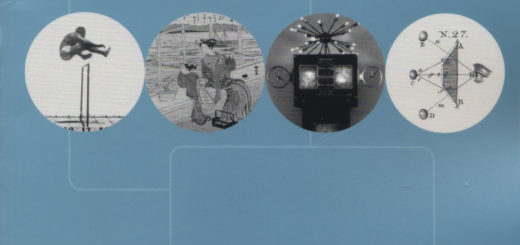Damaging Marks: Functionaries in Writing Education

Hour after hour, reading the writing of students who struggle (that’s the word everyone uses, and it is heavy with implications), I pass between two distinct forms of perception, two different identities, in a sense. One tries to empathise with the student, the writer. This “me” draws on experience of writing, aware of what a quicksilver, unmanageable medium it can be, but also secure in the knowledge that genuine effort always pays off. The language itself rewards those who adapt their own thoughts — however awkwardly — to the conventions of grammar and syntax, letters and lines. This version of my self positions the student writer as someone who “struggles” with me, against the forces of laziness, incoherence and indifference, toward an effective, mutually satisfying sharing of some aspect of experience. I then write “feedback,” almost always positive, encouraging, and critical.
Then I must give a mark, a number that lies between failing (in my current context, 40) and stupendous (80 or higher). To do this at all, I must become someone else. I must become someone who is not quite human. This Other is someone who effectively ignores what she has just thought and written. She ignores every subtlety, every recognition of how the student in question is unique, and attends to a list of very simple, quantifiable criteria, applicable (ideally) to anyone at all. She becomes what Flusser calls a functionary, a person whose consciousness is adapted to needs of the Apparat, that is, the particular mesh of human beings, machinery and software we identify variously as our employers, cultural and educational institutions, governments, etc. This particular Apparat is the so-called “university” in which I am employed.
After the marks are distributed, reports of suffering invariably appear, for there is friction between the human and functionary in all of us. The apparatus as such remains perfectly placid and untroubled. It declines to become involved. And so it “wins”. Through an institutional indifference to the suffering caused by marks, by an essentially inhuman objectification of human labor–and I mean writing and marking, we cooperatively reduce our humanity.


